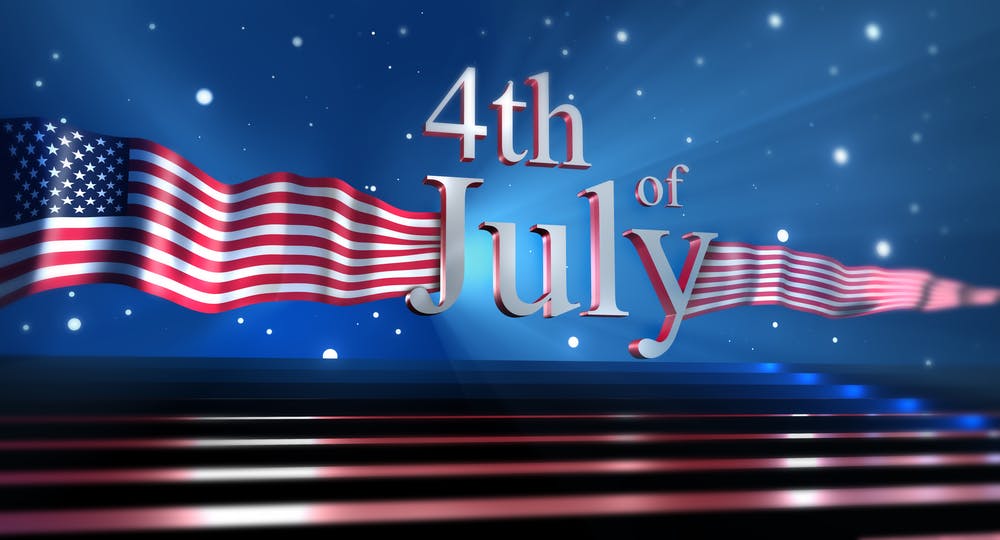Today is Independence Day. It marks the 239th anniversary of the signing of the Declaration of Independence.
All Americans should pause at some point to honor the gutsy, wealthy men — for that was who met in Philadelphia in steamy 1776 — who risked their fortunes and their lives in pursuit of independence from Great Britain. It would be many years after the Declaration’s signing that the colonies won their freedom, but July 4th is the day that resonates with Americans in the 21st century. And every school child knows the stirring first words of that document: “When in the course of human events…”
But have you ever thought of the Declaration as one of the world’s most skillfully crafted marketing messages? MarketingProfs’ writer Brian Burkhart has. He holds it up as a model of how businesses should approach their own messaging.
It may be crass to use such a revered document as a lesson plan for marketing. But Burkhart has a point. The Declaration, he insists, “follows a simple formula dating back thousands of years to one of the original thought leaders about the art of persuasion, Aristotle, who called it Ethos, Pathos, and Logos.
“Today we’ve adapted this method as Know, Feel, and Do (KFD).”
How much of your marketing material follows that formula? How much of it hits each of those touchpoints, and ends with a “Do,” a call to action so powerful that it gets your phone ringing and you website visited?
Thomas Jefferson wrote the first draft of the Declaration. He was a student of Aristotle and other Greek and Roman philosophers and orators. One of his goals was to attempt to persuade the British populace that the colonies were treated badly by the King and Parliament.
He and his co-authors actually managed that, at least enough so that it opened a debate in Britain that eventually helped bring an end to the Revolutionary War.
Burkhart musters the evidence demonstrating how Jefferson and the other founding fathers so skillfully structured the document as to lay out the grievances (the Know), while deliberately evoking an emotional response (the Feel), and ending with a call to action (the Do), which was that the colonies be granted their independence.
You may never write such a grand and bold document as the Declaration of Independence, but thinking of it as a remarkable bit of marketing can only help you when you draft your own campaigns.
